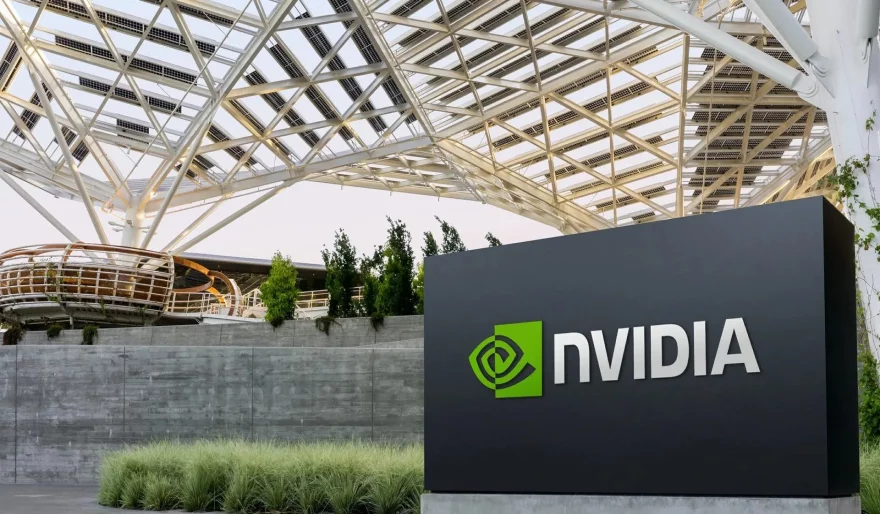Stay Ahead of the Curve
Latest AI news, expert analysis, bold opinions, and key trends — delivered to your inbox.
Nvidia Banking on TensorRT to Expand Its Generative AI Dominance
7 min read Nvidia relies on TensorRT to bolster its leadership in generative AI, leveraging this cross-platform inference accelerator to optimize neural networks for deployment across GPUs, CPUs, and FPGAs. October 18, 2023 06:28
Nvidia is banking on TensorRT to expand its generative AI dominance. TensorRT is a cross-platform inference accelerator that optimizes neural networks for deployment on a variety of hardware platforms, including GPUs, CPUs, and FPGAs.
TensorRT is particularly well-suited for generative AI applications because it can accelerate the inference of large and complex neural networks. This makes it possible to deploy generative AI models on a wider range of devices, including edge devices such as smartphones and cameras.
Nvidia is already using TensorRT to power its own generative AI products, such as the Nvidia Maxine video conferencing platform and the Nvidia Omniverse metaverse platform. The company is also working with a number of partners to develop TensorRT-accelerated generative AI applications for a variety of industries, including healthcare, manufacturing, and retail.
Here are some of the ways that Nvidia is using TensorRT to expand its generative AI dominance:
- Partnerships: Nvidia is working with a number of partners to develop TensorRT-accelerated generative AI applications. For example, Nvidia is working with GE Healthcare to develop a TensorRT-accelerated generative AI model that can be used to create synthetic medical images.
- Products: Nvidia is already using TensorRT to power its own generative AI products, such as the Nvidia Maxine video conferencing platform and the Nvidia Omniverse metaverse platform.
- Platform: Nvidia is making TensorRT available to developers and businesses so that they can build their own TensorRT-accelerated generative AI applications.
Nvidia's focus on TensorRT is a sign of the company's commitment to generative AI. Nvidia believes that generative AI has the potential to revolutionize a wide range of industries, and the company is investing heavily in the development of TensorRT and other technologies that can accelerate the adoption of generative AI.
What does this mean for the future of generative AI?
Nvidia's focus on TensorRT is a positive development for the future of generative AI. It is a sign that the company is committed to making generative AI more accessible and easier to use. This will help to accelerate the adoption of generative AI in a wide range of industries.
What industries will benefit from generative AI?
Generative AI has the potential to revolutionize a wide range of industries, including:
- Healthcare: Generative AI can be used to create synthetic medical images, which can be used to train doctors and to develop new drugs and therapies.
- Manufacturing: Generative AI can be used to design new products and to optimize manufacturing processes.
- Retail: Generative AI can be used to create personalized recommendations for customers and to develop new marketing strategies.
- Media and entertainment: Generative AI can be used to create new forms of entertainment, such as video games and movies.
Conclusion
Nvidia is well-positioned to expand its generative AI dominance. The company has a strong track record of innovation in the AI space, and it is investing heavily in the development of TensorRT and other technologies that can accelerate the adoption of generative AI.
Generative AI has the potential to revolutionize a wide range of industries. Nvidia's focus on TensorRT is a positive development for the future of generative AI, as it will help to make it more accessible and easier to use.



















 AI Agents
AI Agents